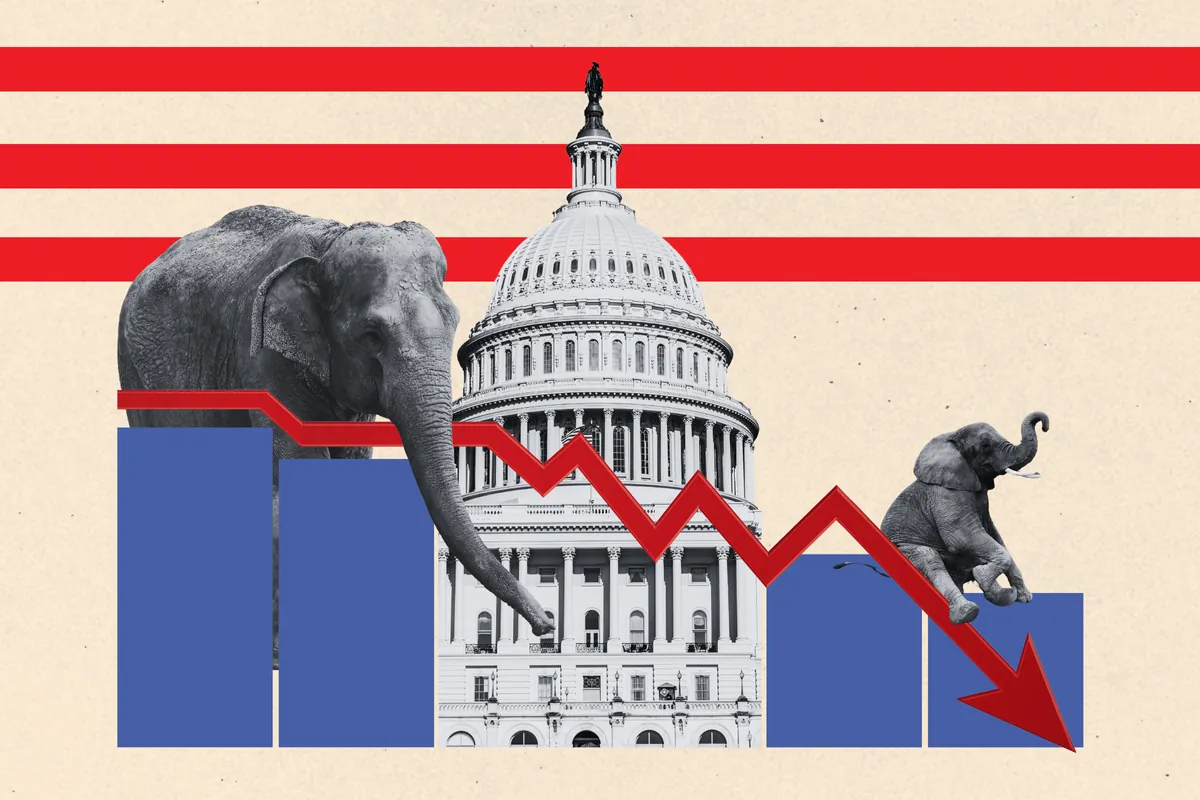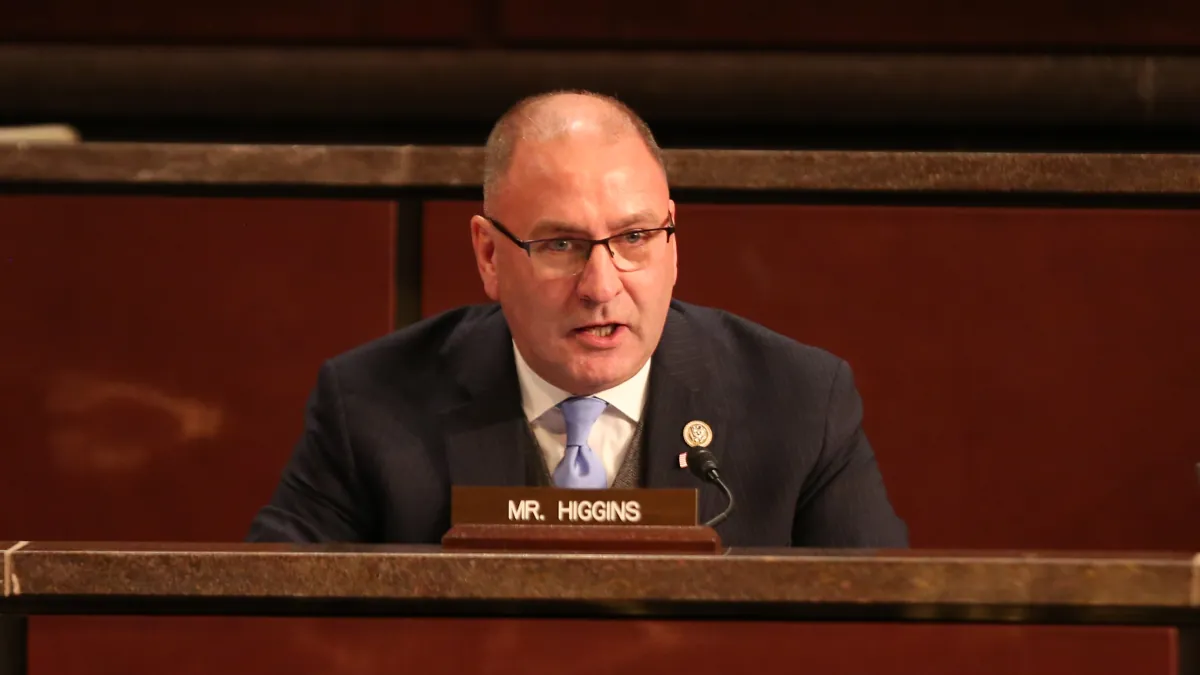GOP's Shifting Stance on Racist Rhetoric: From Condemnation to Tolerance
Republican leadership's response to racist comments has evolved from condemnation to tolerance. This shift reflects broader changes in party dynamics and political discourse over the past five years.

In the ever-evolving landscape of American politics, the Republican Party's approach to racist rhetoric has undergone a significant transformation. Five years and nine months ago, Kevin McCarthy, then House Minority Leader, took a firm stance against Steve King's controversial comments, removing him from committee assignments. This action, while laudable at the time, now seems a distant memory in light of recent events.
The party's trajectory since then has been marked by an increasing tolerance for inflammatory language. Steve King, once ostracized for his views, now appears to have been a harbinger of the party's future direction. His support for the "great replacement" theory, which originated in France with Renaud Camus' 2011 book, has since found echoes in mainstream Republican discourse.
The recent controversy surrounding Clay Higgins, a Representative from Louisiana since 2017, exemplifies this shift. Higgins' social media post about Haitians, filled with racist stereotypes and derogatory language, sparked outrage but faced limited consequences from party leadership.

Mike Johnson, the current Speaker of the House, attempted to downplay the incident, stating that Higgins had "prayed about it and regretted it." However, Higgins himself seemed unrepentant, defending his comments and invoking freedom of speech. This response stands in stark contrast to the party's earlier, more decisive actions against similar rhetoric.
The Republican Party's evolution on this issue reflects broader changes in American political discourse. The increased use of social media by politicians has amplified controversial statements, while concepts like "political correctness" have become contentious topics of debate.
"If we want to go through everything the other side has said we'll be happy to do it."
This "whataboutism," a term that gained popularity in political discourse during the 2010s, has become a common defense mechanism, deflecting criticism rather than addressing the core issue.
The party's reluctance to confront racist rhetoric more forcefully may stem from various factors, including the narrow majority they hold in the House of Representatives and the influence of former President Donald Trump's communication style.
As the 2024 election approaches, the Republican Party faces a critical juncture. The normalization of inflammatory language poses risks not only to the party's image but to the fabric of American political discourse. The contrast between the party's current stance and its historical connection to Abraham Lincoln is stark, raising questions about its future direction and values.
The evolution from condemning to tolerating racist rhetoric serves as a cautionary tale about the importance of maintaining clear ethical boundaries in politics. As the situation continues to unfold, it remains to be seen whether the party will course-correct or further embrace this controversial approach to political communication.


































